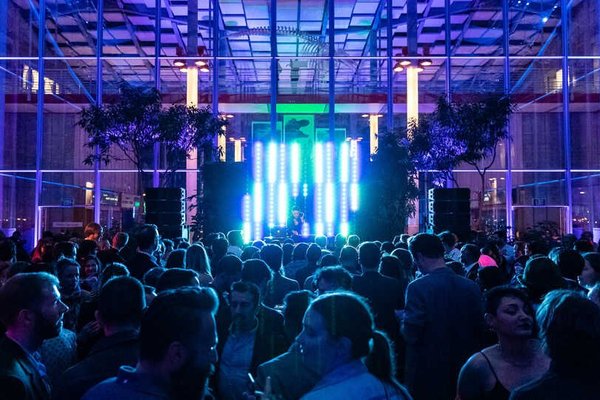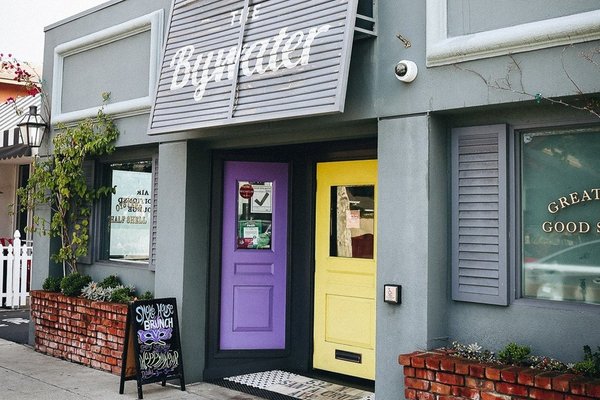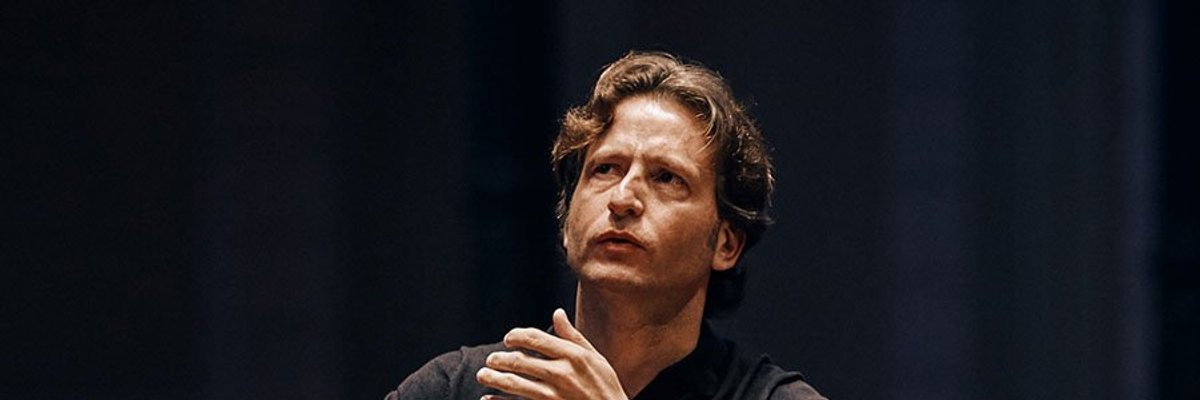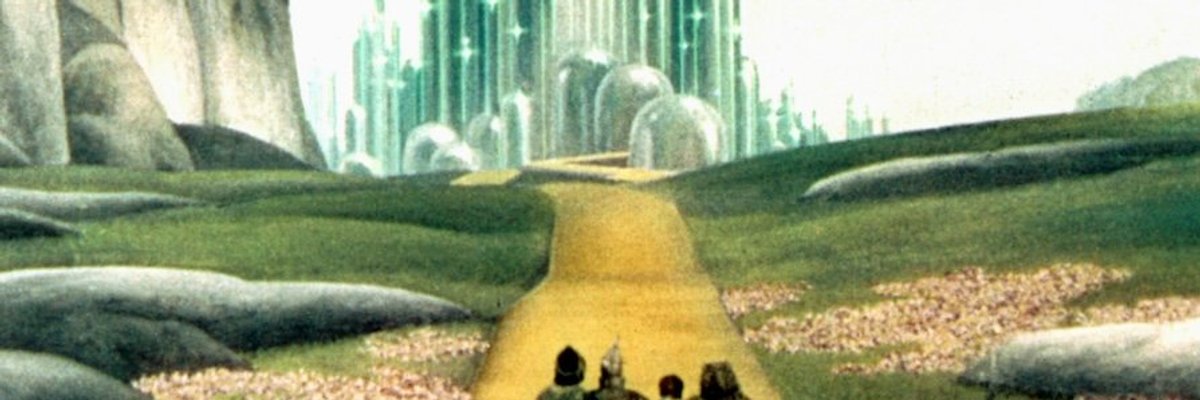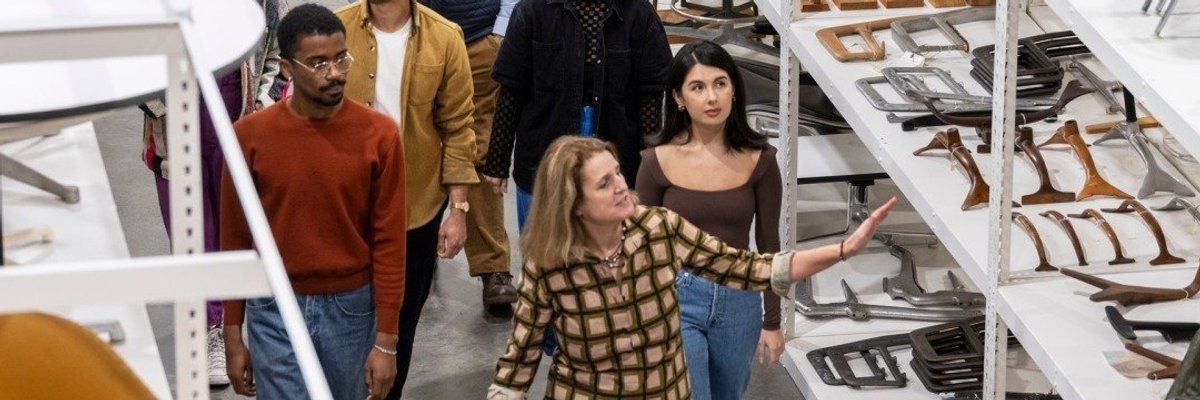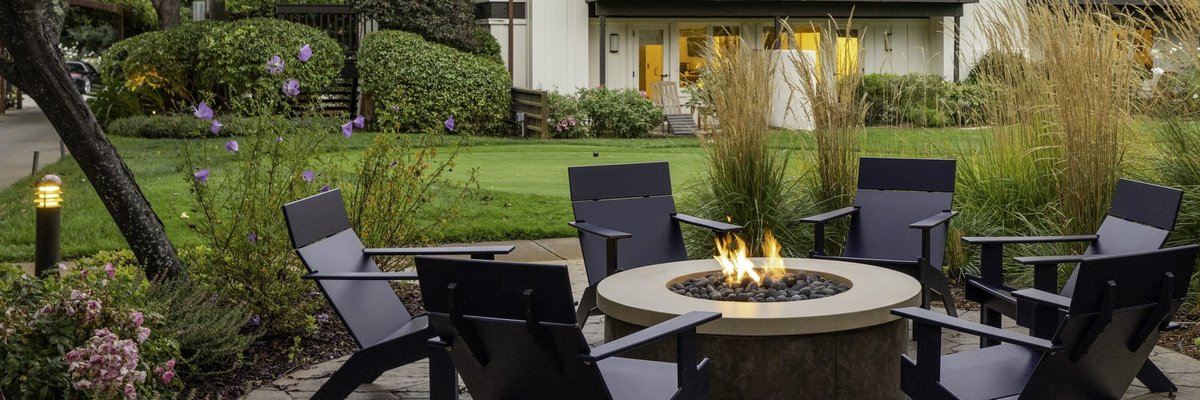Hirokazu Kore-eda may be the most incisive cinematic chronicler of the modern Japanese family since master moviemaker Yasujiro Ozu. His first feature, Maborosi (1995), centers on a widow coping with the suicide of her husband, while his acclaimed 2004 film, Nobody Knows, revolved around the hardscrabble plight of four children, abandoned by their mother and forced to scrape out an existence on their own.
Faced with their own quietly trying parents, the grown children of Kore-eda’s latest, Still Walking, likely fantasize that they too were abandoned at a young age. Certainly, the sweet-faced matriarch of Still Walking indulges her extended family with freshly made corn fritters, sauteed radish and plentiful tempura, but contrast the scrumptious-looking morsels emerging from her kitchen with the sour remarks pouring from her person -- holy moly. Still Walking is a clear-eyed love letter to family, ornamented in the clear, prettily blue and green colors of a small seaside town filled with leafy bowers and quiet lanes, and embellished by a naive, almost-saccharine soundtrack. But in keeping with Kore-eda’s always close attention to a kind of gently investigated truth -- and his burning interest in way his Japanese countrymen and women (and children) navigate the margins between life and death -- that affection comes with an equally intense desire to shine a light on the everyday hypocrisy simmering beneath the deep bows and gracious compliments, to uncover the casual cruelty that marks the ties that bind.
The occasion for this visit home: the 15-year remembrance of the dead, namely the Yokoyama family’s eldest son, Junpei, who died young while saving a boy from drowning. The younger son Ryota (Hiroshi Abe), an artist and art restorer, has reluctantly returned to the nest with his wife, Yukari (Yui Natsukawa), a widow with a young son (Shohei Tanaka). Between jobs, he faces his family with trepidation, knowing he’s a disappointment to his father, Kyohei (Yoshio Harada), a doctor. The Yokoyama patriarch had counted on his favorite, Junpei, to follow in his footsteps and take over his clinic, and now disappointment seems to have swallowed him up: he gruffly avoids his family by hiding in his office and pretending to be busy. And then there’s the mother, Toshiko (Kiki Kirin): She only looks like a nice, little dowager and instead wields her sharp tongue like a stealth samurai. Older sister Chinami (You) adds a dose of reality and leavening wit to this familial mixed bag.
Beautifully shot and sweet in tone -- if sour and hard-bitten in the truths it tells -- Still Walking unfolds as old stories are retold, prayers are recited, visits are made to the gravesite, and much food is prepared, discussed, and consumed. Passions hit a new high -- or low -- when a visitor arrives: the boy that Junpei rescued, now a chubby and awkward adolescent and doomed to forever, guiltily, visiting this family he inadvertently destroyed. The most revealing moment arrives when the nurturing Toshiko dryly, undramatically confesses that she hates boy: she will never forgive him and never release him from this politely miserable family ritual.
One can practically feel the wheels in her son Ryota’s head turning as he realizes that she probably feels just as hostile toward him -- for not being Junpei. The unemphatic brutality of her remarks comes like a blow -- one of the few moments I’d question Kore-eda’s commitment to a kind of soft-hued realism and witness him venturing in the psychological landscape more familiar to Ingmar Bergman. The filmmaker, however, never lets the hate subsume the love in Still Walking, even if his honesty bares some nasty truths behind the smiles. In the end, when the film itself turns out to be a remembrance as well, for the dead long gone, one realizes that perhaps that’s what family is all about: caring, even if it comes in retrospect and arrives in the form of regret, and even when one sees the beloved and despised at their worst.
Still Walking opens today, Sept. 4, at Lumiere, 1572 California St., S.F., and Shattuck Cinemas, 2230 Shattuck Ave., Berkeley. For details, go to landmarktheatres.com.







